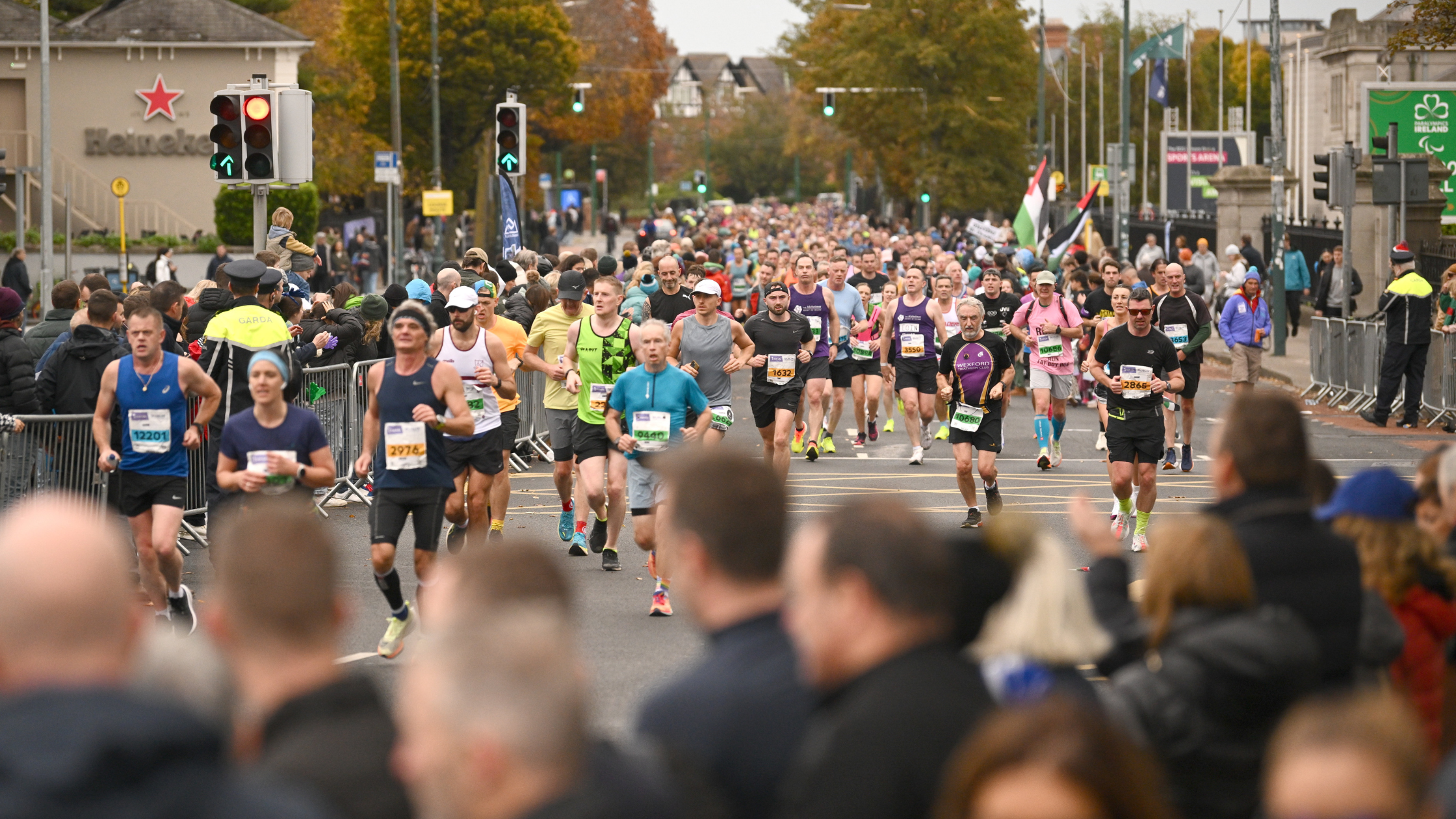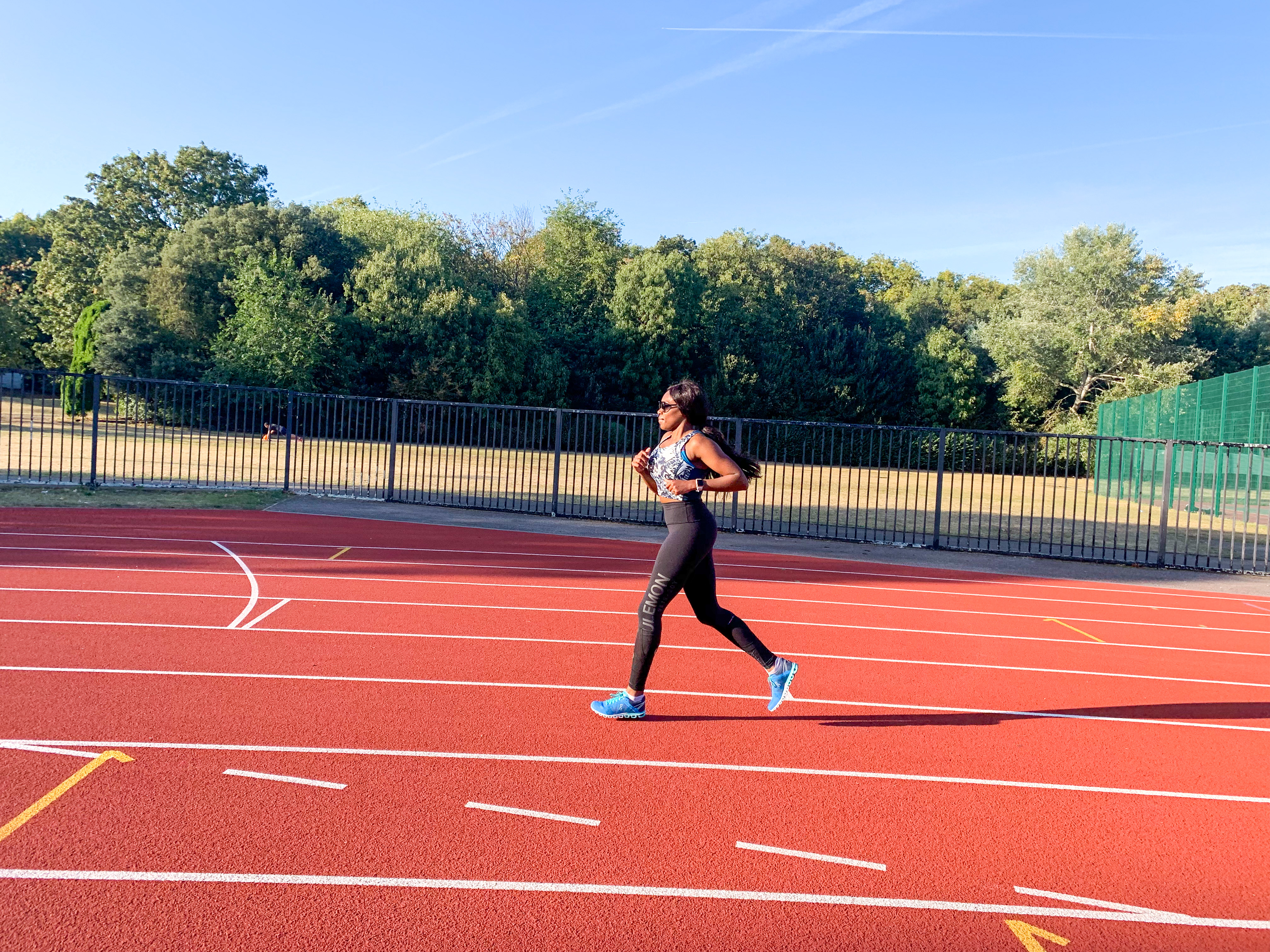It's never too late to set some running resolutions; here are 10 ideas to focus your running and get you to break those bad running habits.
1. Get goal setting
What would you like to achieve with your running this year? Setting some goals will give you a powerful sense of direction and some new found motivation. Until events are back to normal, virtual events make the perfect goal to work towards. Try one of our runclusive virtual runs , or alternatively experience a Virtual Winter Running Festival with Get Britain Running .
2. Try something different
Runners tend to be creatures of habit and it’s all too easy to become stuck in a rut. Why not embrace a bit of change this year and enter a different race or tackle a distance that you’ve never done before? By mixing things up and keeping your running goals fresh, you are much more likely to remain motivated.
3. Give your body some love
As a runner, your performance tool is your body, so you need to take good care of it. Most runners only see a physiotherapist when they are injured, but this doesn’t have to be the case. Prevention is better than cure! Although physiotherapy can be an extra cost, it would be a worthwhile investment to undergo a MOT, just as you would with a car. A physio can assess whether you have any areas of tightness or weakness that could ultimately lead to injury and can then advise how best to address this. Taking preventative action could save you a lot of frustration and money in the long run!
4. Keep a training diary
Logging your training is a really useful exercise and is something that you can learn a lot from. It will enable you to look back and see what training helped you to run that PB or it may give you some vital clues as to why you became ill or injured. Looking back at all the training that you’ve banked can serve as a great motivator too.
5. Work on your weaknesses
I’m pretty sure that every runner has a nemesis in training, whether it’s speed work , long runs or hills. It’s human nature to shy away from the stuff that you don’t like doing, but make a point this year of working on your weaknesses. Learn to love your nemesis!
6. Find time to stretch
Let’s face it, stretching is probably never going to be the highlight of your training programme, but it should be part of your routine. Little and often is the key here. Just five minutes of stretching after every easy run can help to keep injuries at bay. Muscle fibres will remain short and tight if they are not stretched to their normal length after exercise. Over time this can lead to shorter and tighter muscles that are more prone to tearing. For runners the main muscle groups to stretch are calves, hamstrings, quads, gluts and lower back. Remember, five minutes is better than nothing at all!
7. Try some DIY physio
In an ideal world every runner would be able to have regular physio, but in reality for most people, it’s time and money that they can’t always afford. There are however plenty of maintenance things that you can do at home to stay injury free. A tennis ball is perfect for a bit of DIY physio or self-inflicted torture! You can roll on it to get into tight areas and it’s a great form of trigger point release, particularly for gluts and hamstrings. Foam rollers are also great for simulating deep tissue massage.
8. Make sure that every run has a purpose
Every time that you lace up your trainers, ask yourself; ‘What’s the purpose of this run?’ If it’s an easy recovery run then make sure that you keep it at just that. You should approach every run with the same discipline as you would for a hard workout. Far too many runners run too hard on their easy days and are then unable to run hard enough when it matters.
9. Stay hydrated
It’s pretty easy to drink copious amounts of tea and coffee to get yourself through the working day, but are you drinking enough water to stay hydrated? Dehydration not only impairs your performance but also increases your risk of injury and blunts your immune response. Take a sports bottle to work with you, (ideally one with measurement markings on the bottle), so you can check that you’re drinking enough.
10. Talk training!
In most professions people share good practice and it shouldn’t be any different when it comes to running. Talk to other runners and share ideas about training. It’s never too late to stop learning!
So, there are my ten resolutions for the New Year. Happy training!















